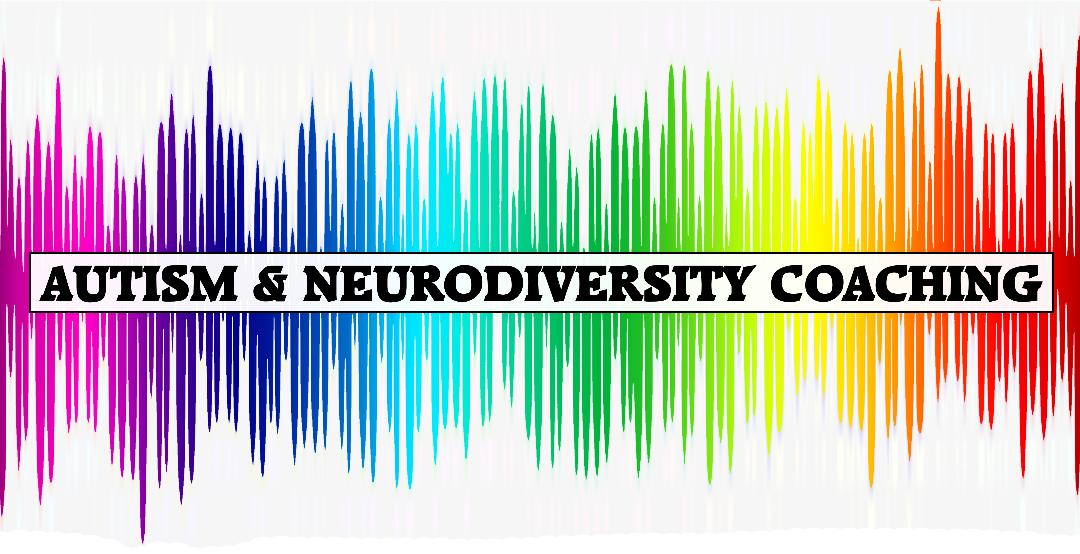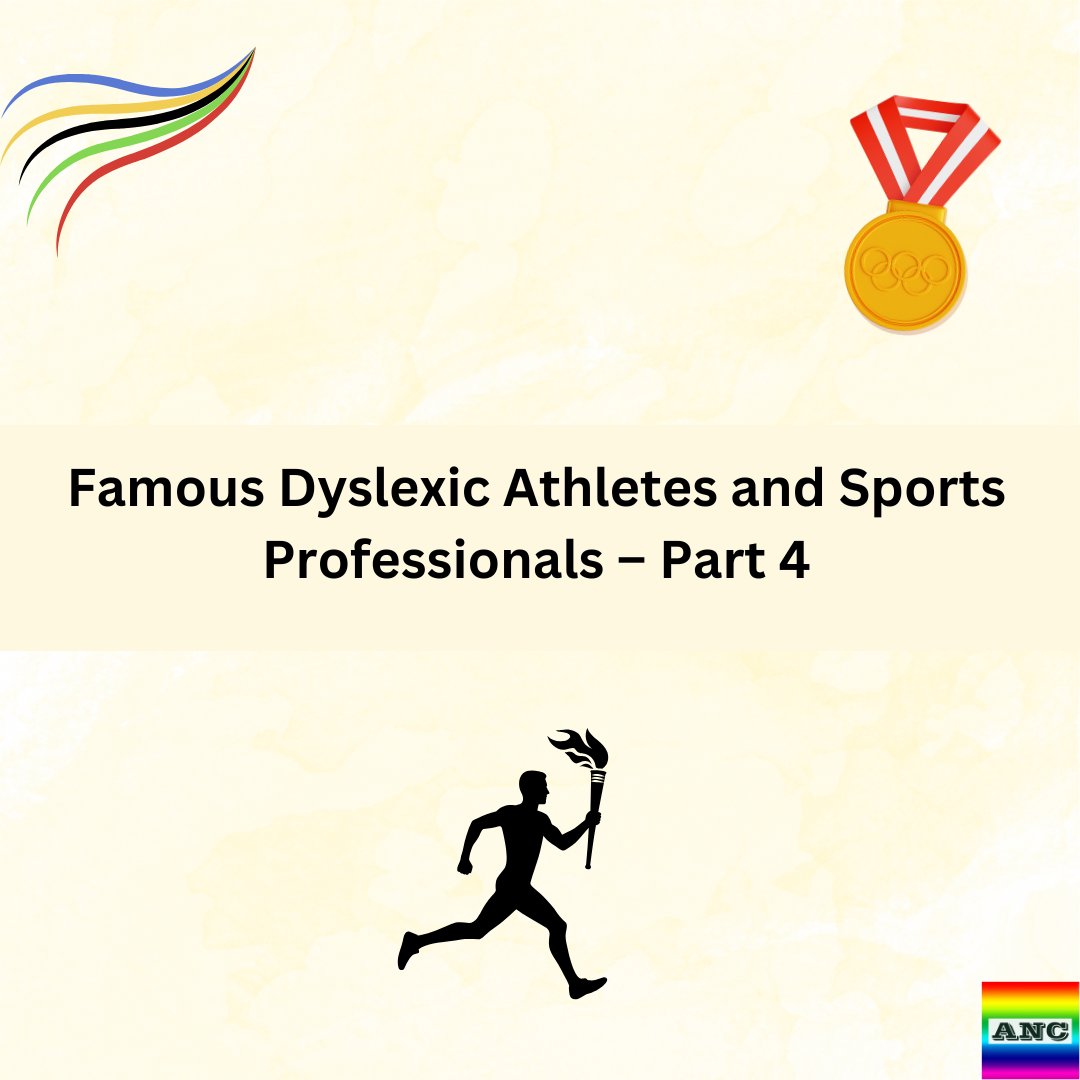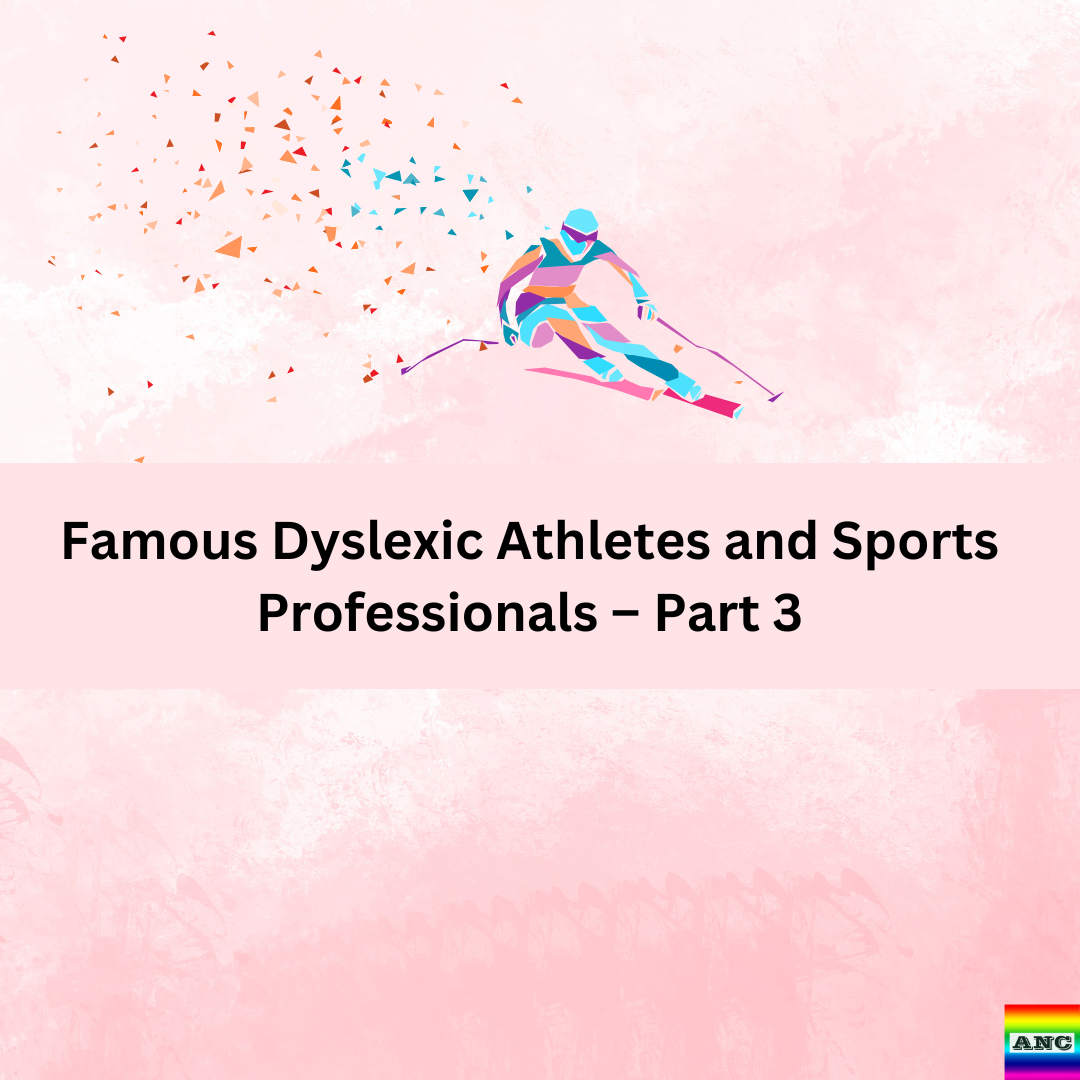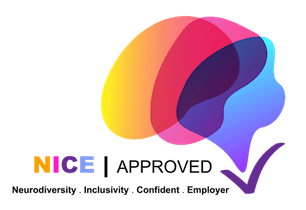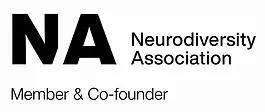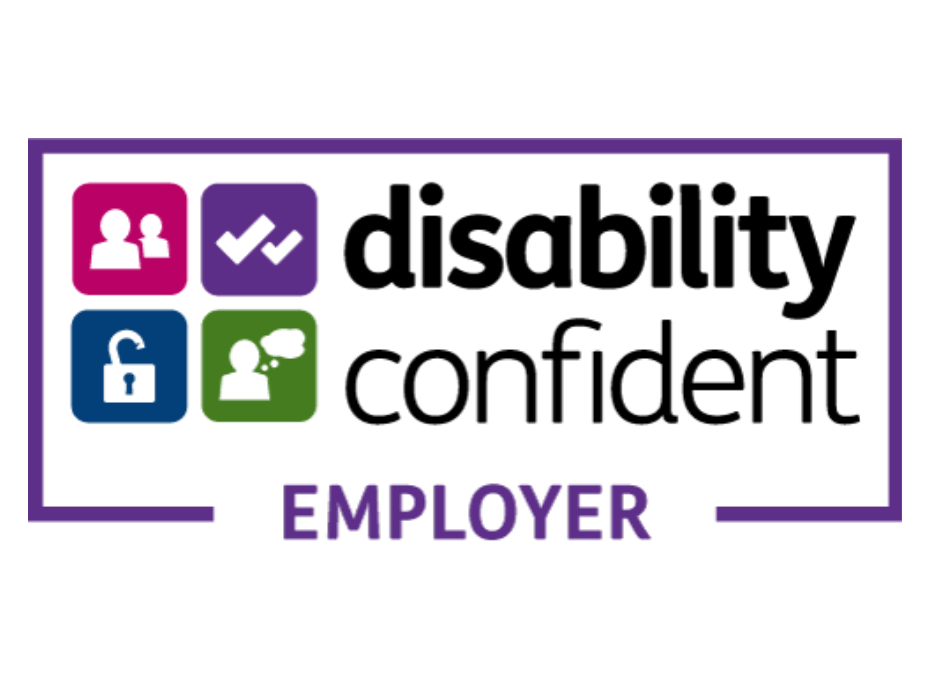Looking Ahead: Future Directions in Dyslexia Research

Research into dyslexia is ongoing, with scientists continuing to explore the neurological underpinnings of the condition and developing new interventions. Some promising areas of research include:
· Genetic Studies: Understanding the genetic components of dyslexia could lead to early identification and intervention strategies. Researchers are exploring the specific genes involved in dyslexia, which could pave the way for more personalized approaches to support.
· Neuroscience Advances: Advances in brain imaging technology are helping scientists better understand how dyslexia affects brain function. This research could lead to new methods of teaching and therapy that are tailored to the unique neurological profiles of individuals with dyslexia.
· Educational Technology: As technology evolves, so do the tools available to support learning. Future educational technologies may include more sophisticated apps and programs that adapt to the user's learning style, making education more accessible for those with dyslexia.
· Cross-Cultural Research: Dyslexia affects people worldwide, but cultural differences can influence how it is perceived and addressed. Cross-cultural research is exploring how different educational systems and societal attitudes impact dyslexic individuals, with the goal of finding the most effective global practices.
Conclusion: A Call to Action
The journey of understanding, supporting, and empowering individuals with dyslexia is far from over. Continued advocacy, education, and research are essential to ensure that people with dyslexia can fully participate in all aspects of life, free from stigma and barriers.
Whether you are a parent, educator, employer, or someone with dyslexia, there are many ways to contribute to this effort. Advocate for early screening and appropriate accommodations in schools, support inclusive practices in the workplace, and raise awareness about the strengths and potential of people with dyslexia.
By coming together as a community, we can create a world where dyslexia is not seen as a hindrance but as a unique way of thinking that enriches our society. Every individual has something valuable to contribute, and by embracing the diversity of minds, we can unlock a brighter future for all.

